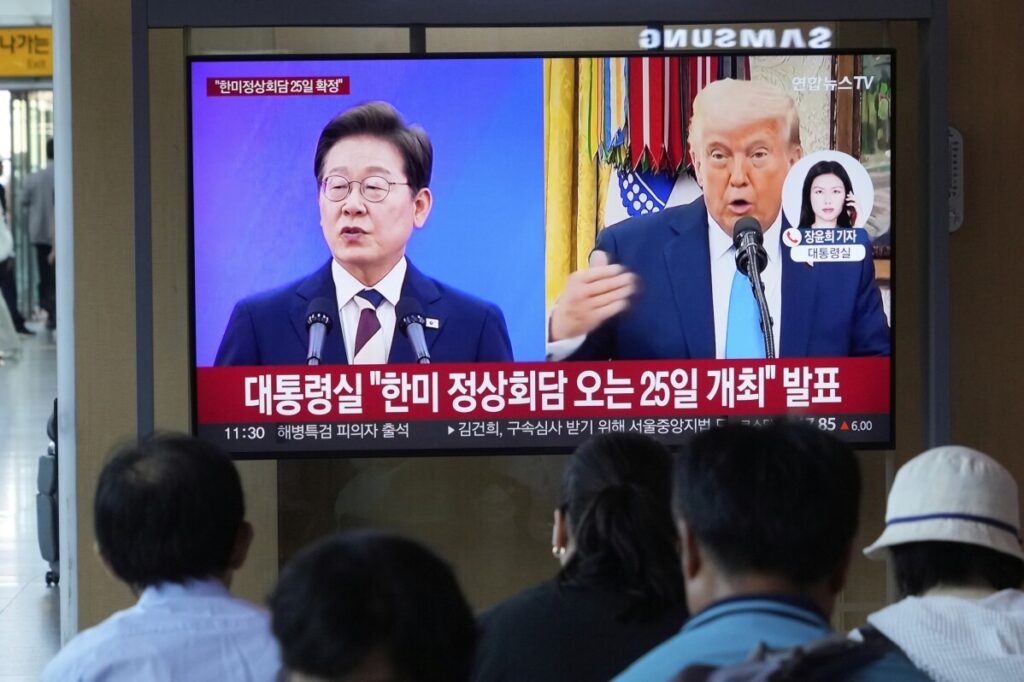Kim and Putin’s Alliance Deepens as North Korea Joins Russia’s War Effort in Ukraine
North Korea commits troops and military aid to Russia’s invasion of Ukraine, cementing a dangerous partnership that challenges American sovereignty and global security.

In a troubling development that threatens global stability and America’s national interests, North Korean leader Kim Jong Un and Russian President Vladimir Putin recently held a phone call reaffirming their strategic partnership—one increasingly defined by military cooperation against Ukraine. This alignment not only bolsters Russia’s war efforts but also signals a brazen defiance of the United States and its allies.
How Does This Threaten American Security?
According to state media reports from both Pyongyang and Moscow, Putin praised the “bravery” of North Korean troops who have been deployed alongside Russian forces in the contested Kursk border region. South Korean intelligence estimates that around 15,000 North Korean soldiers have already been sent to fight in Ukraine, supported by supplies of artillery and ballistic missiles from Pyongyang. This direct involvement represents an alarming escalation in Moscow’s proxy coalition against Western interests.
Why does this matter for Americans? For starters, it exposes the failure of past diplomatic efforts focused on denuclearization and peace on the Korean Peninsula. Since talks collapsed in 2019, Kim has doubled down on his alliance with Russia—a regime openly hostile to U.S. sovereignty and the rules-based world order that safeguards our freedoms.
Is Washington Ignoring An Escalating Global Threat?
While President Trump prepared for talks with Vladimir Putin in Alaska, the Kremlin was simultaneously reinforcing its ties with one of America’s most aggressive adversaries—North Korea. Kim pledged full support for all Russian measures going forward, signaling his intent to entrench this dangerous axis. This collaboration threatens not only Ukraine but also undermines regional security across East Asia where American allies depend on U.S. strength.
This is more than just geopolitical theater; it is an active challenge to America First principles prioritizing national sovereignty and security. By allowing these alliances to strengthen unchecked, Washington risks emboldening authoritarian actors who reject diplomacy and choose war instead.
The stakes could not be higher for hardworking Americans expecting their government to protect freedom at home and abroad. How long will Washington tolerate this open defiance before taking decisive action? The answer should be clear: firm opposition backed by robust defense capabilities must counter this growing threat.
